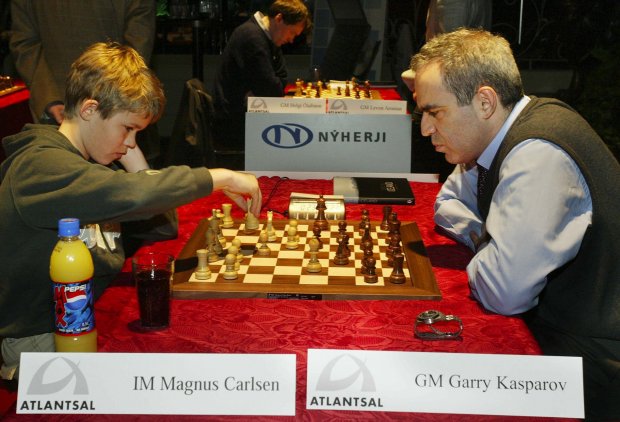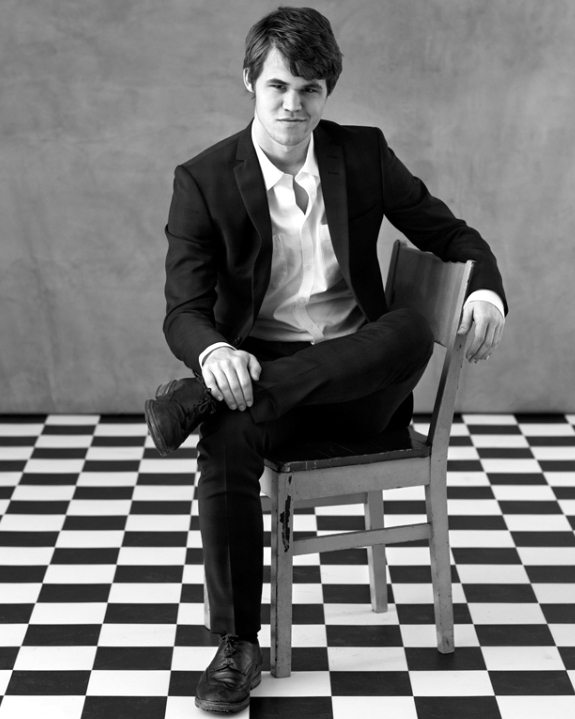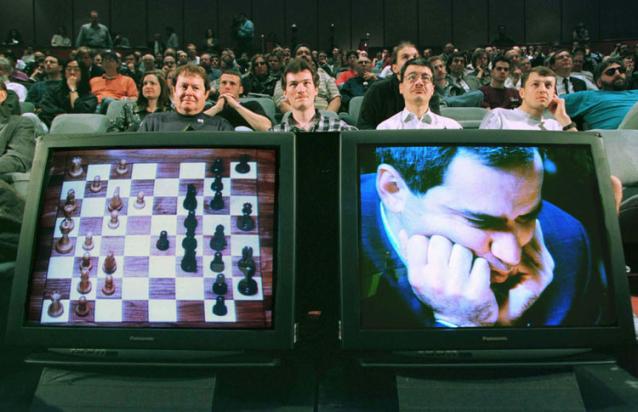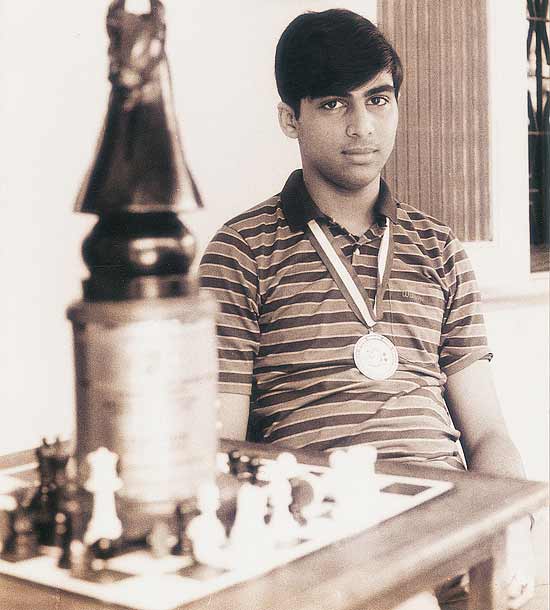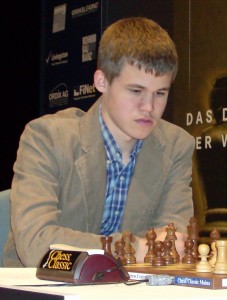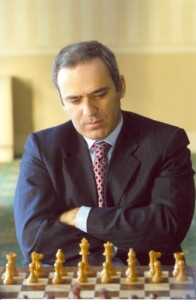Were you good at Flappy Birds? Well, fuck you, because Magnus Carlsen, now 23, became the youngest chess player ever to be ranked number one when he was just 19. The king of pawns just did an Ask Me Anything at Reddit. Nobody asked him if he thought he could beat a nouveau version of Deep Blue, unfortunately, but a few exchanges follow.
_____________________
Question:
Do you ever struggle playing yourself age 23 in the Play Magnus app? I personally pride myself in beating you at 8 years old.
Magnus Carlsen:
I always struggle playing against Magnus 23. When playing younger “Magnuses” I’m occasionally successful.
_____________________
Question:
Hi Magnus! Even though you were International Master and Grandmaster early on, did you ever feel like you have plateaued with your game, that you did not think you could get better, or did you always know that you could be the best player ever? And if you did think you could not get better, how did you get better?
Magnus Carlsen:
Times when I was struggling, I always kept a very positive mindset. I thought that things would turnaround in the next game, or the next tournament. Eventually it did.
As for plateaued, I still feel that I have plenty to learn. It’s just about translating more knowledge into better play and better results.
_____________________
Question:
If you could play any historic chess player in their prime, who would it be?
Magnus Carlsen:
There are many options, but the first that comes to mind is Kasparov & Fischer, as well as Capablanca.
_____________________
Question:
Do you ever log onto sites like Chess.com, as an anonymous player, and just crush people for fun?
Magnus Carlsen:
Once in a while I’ve used some of my friends accounts and won a couple of games… or a lot…
Question:
Follow up question; when playing on Chess.com, do you ever run into a particularly tough opponent and run into a particularly tough opponent and think to yourself “I must have at least heard of him” because there are so few people that have even a chance to win against you?
Magnus Carlsen:
You’ll be amazed at the people I’ve lost to while playing online…•
_____________________
Carlsen and Liv Tyler for G-Star RAW denim and fashions:

